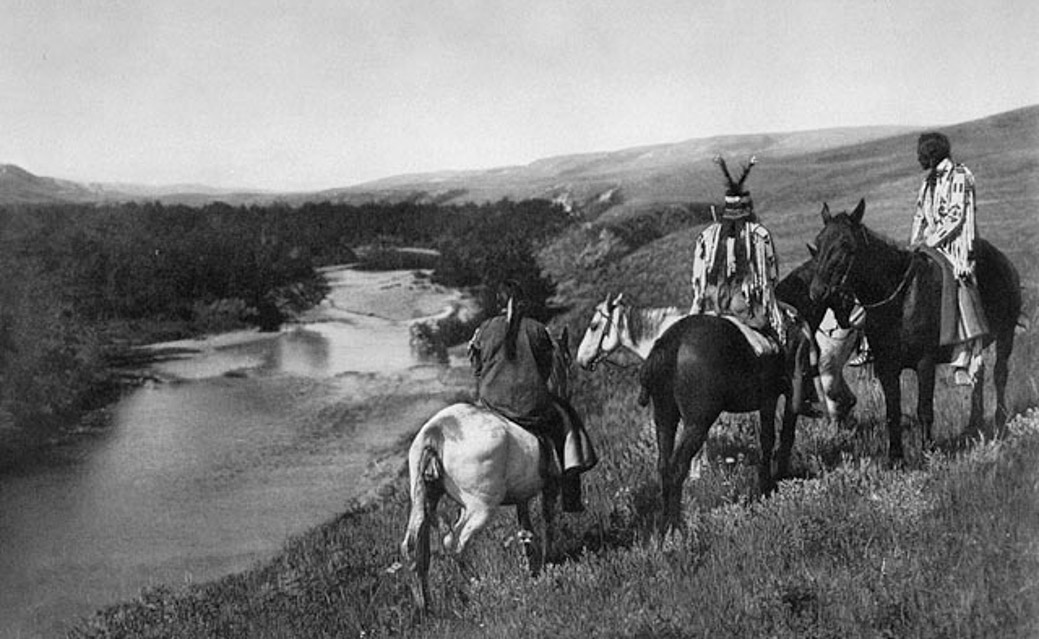The challenges that Indigenous communities are still facing today
Dirty drinking water, missing and murdered Indigenous women and girls cases, and expired vaccine doses are issues where complete solutions and inquiry seem to be always delayed by Canadian government.
Indigenous communities have been subjected to years of colonialism, historical trauma, and systemic racism. Today, various disparities continue to subside within healthcare, education, children’s services, and more that affect the well-being of Indigenous peoples and their communities.
As it currently stands, there are more than 45 long-term boil water advisories in more than 32 Indigenous communities. While there has been some progress, with the lift of some of these community advisories since 2015, many are still forced to live with a lack of water infrastructure and access to quality water. This results in poor sanitation from contaminated water and also increases the vulnerability to infectious diseases, gastrointestinal issues, poor hygiene, and more.
In regards to this issue, the United Nations states, “Lack of access to safe, sufficient and affordable water, sanitation and hygiene facilities has a devastating effect on the health, dignity, and prosperity of billions of people, and has significant consequences for the realization of other human rights.”
While water inequality is just one of the major issues Indigenous communities have had to live with for many decades, the Missing and Murdered Indigenous Women and Girls (MMWIG) is another major concern that demands amplified awareness.
Gender-based violence and human rights violations against Indigenous women, girls, and 2SLGBTQQIA peoples is a crisis that has deeply impacted Indigenous communities across Canada. According to Assembly of First Nations, “violence occurring today against Indigenous women and girls is systematic and [is] a national crisis that requires urgent, informed and collaborative action.”
Statistics reflect that, “Indigenous women make up 16 per cent of all female homicide victims, and 11 per cent of missing women, even though Indigenous people make up 4.3 per cent of the population of Canada”
In addition, healthcare disparities also exist. Members of the Chippewas of Saugeen First Nation in Ontario received expired vaccine doses for a month before they were notified of the error. Though the expired doses do not pose any health risks, individuals who have received them will require another vaccination.
Earlier this month, UTM’s Women and Gender Equity Centre (WGEC) held an online community event titled “GBW against Indigenous Girls and Women” where they hosted discussions regarding gender-based violence and prevention. Their primary goal was to promote awareness of disparities that exist as a result of colonialism, poverty, and exclusion.
Lee Maracle is a Stó꞉lō First Nation woman that was featured as a guest speaker at this event. She shares her perspective on gender-based violence, expropriation of land, the weaponization of health and education, and colonization as the reason for all issues impacting Indigenous peoples.
Lee states, “We are here to understand the consequences of creating relationships without pain, we want to create pain-free relationships with one another. That’s the goal of our journey, as soon as humans figure this out as a whole the sooner we will end war, killing, violence, and violation”
To this day, Indigenous communities continue to face numerous challenges in Ontario and other parts of Canada which demand the need for greater attention from the Canadian government.

